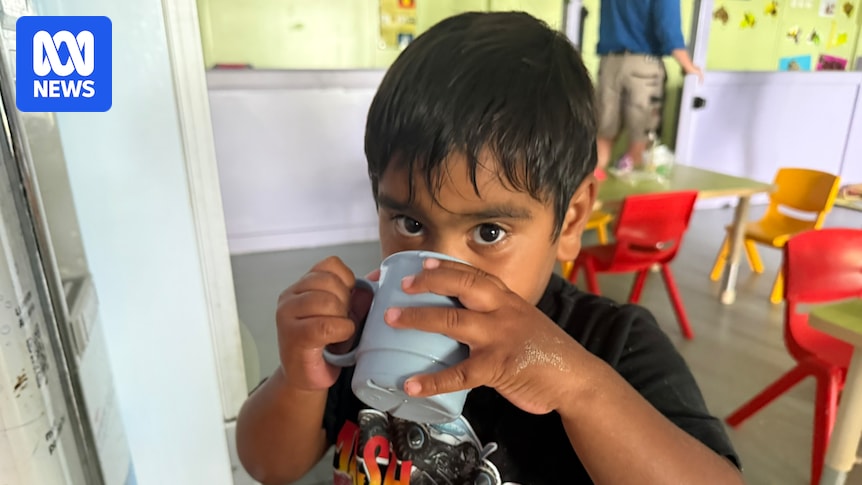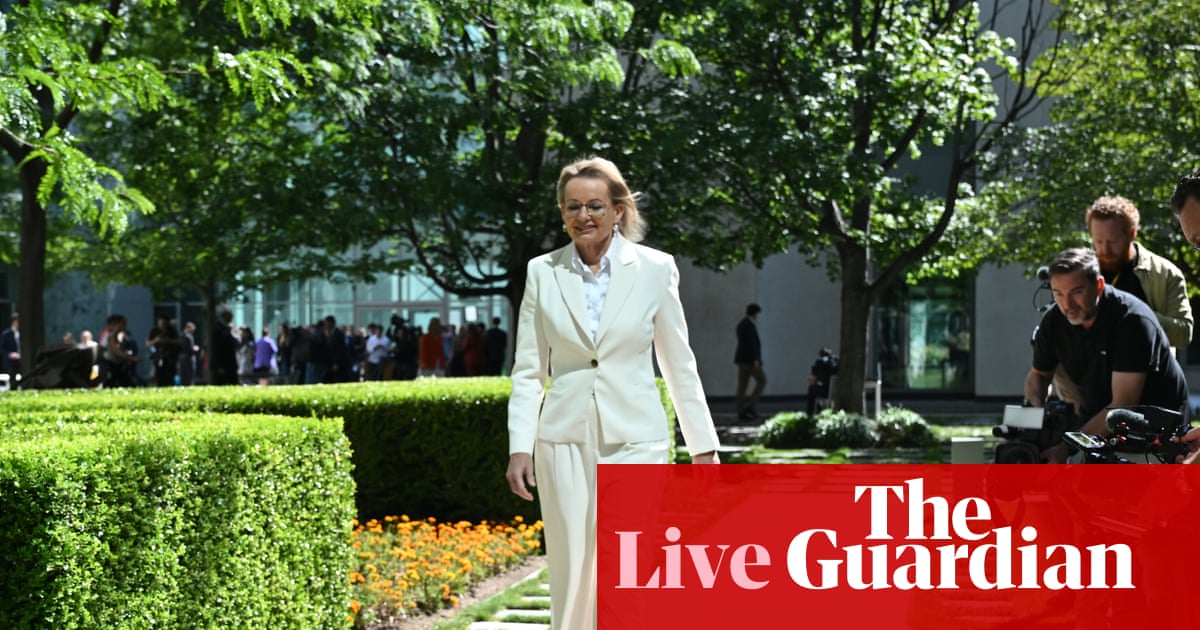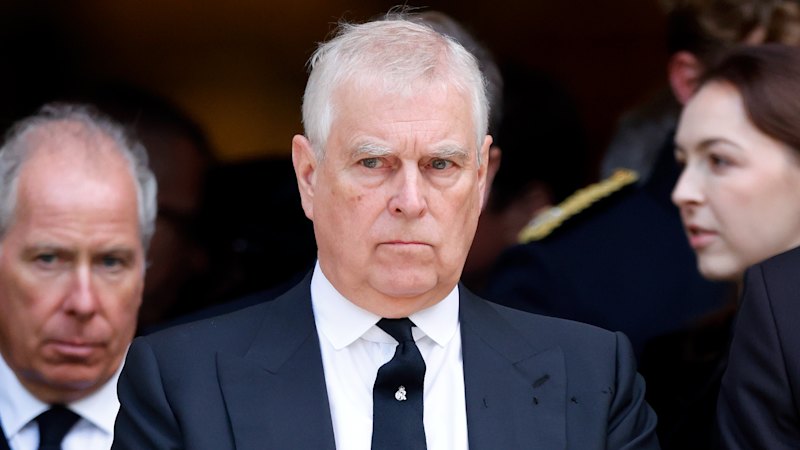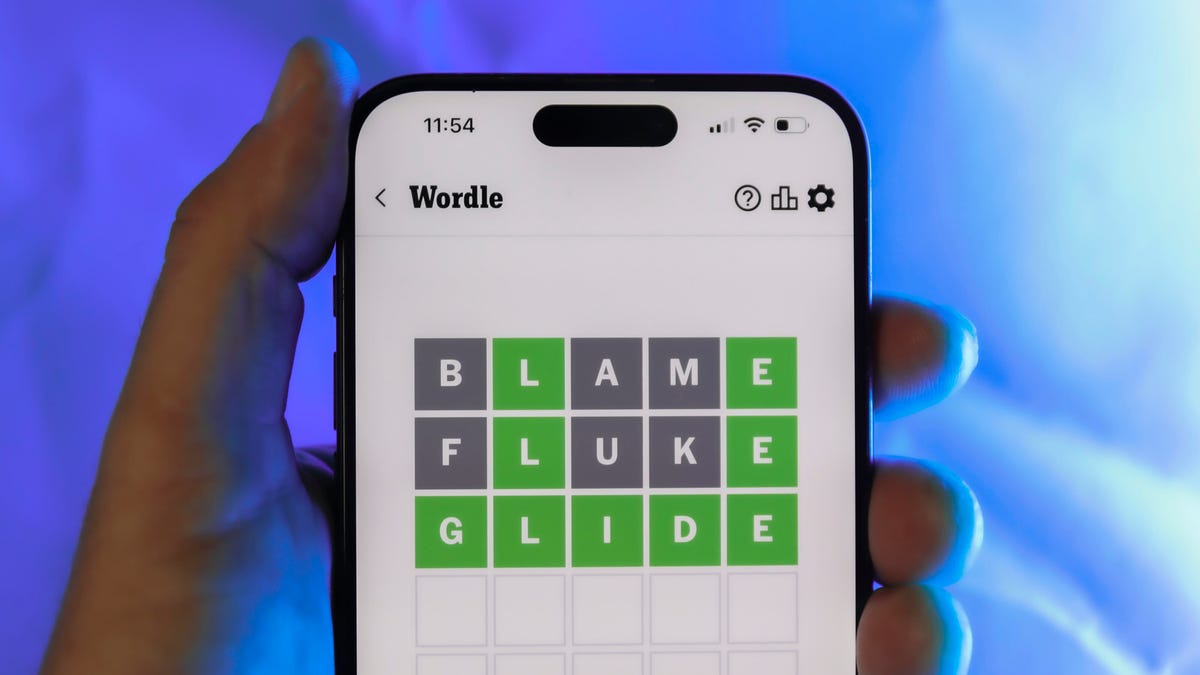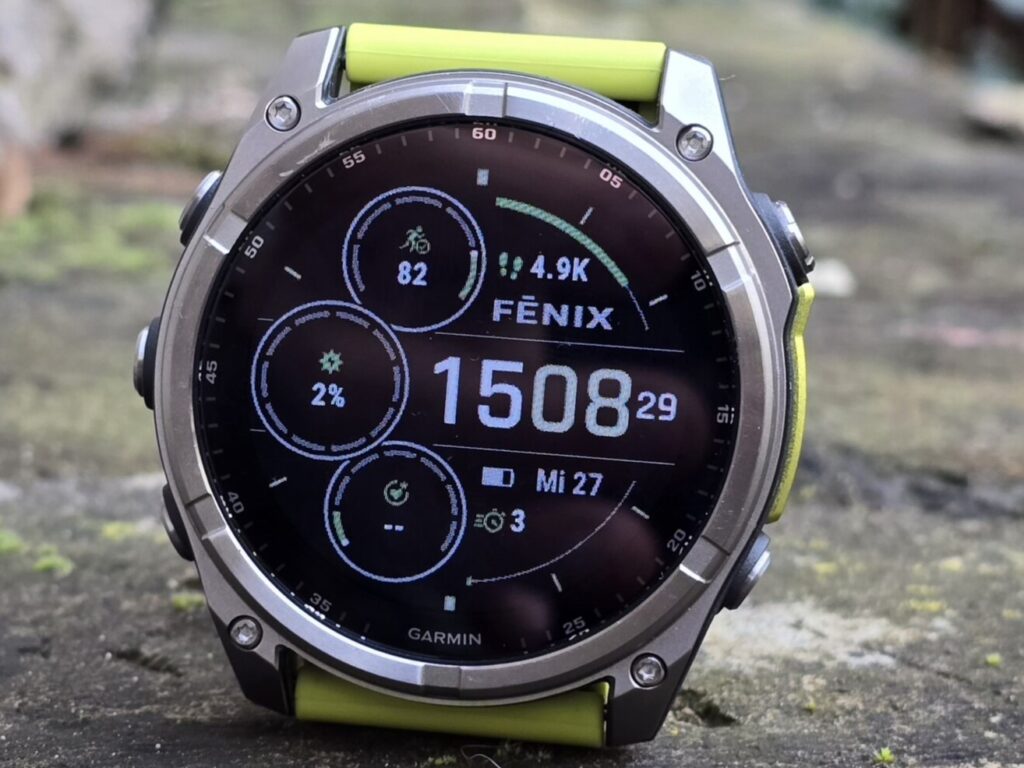
Garmin has announced a significant enhancement to its wearables by expanding their compatibility with Google Health Connect. This strategic move aims to improve the functionality and interoperability of Garmin’s devices, allowing users to transfer a wide range of activity and wellness data seamlessly. The announcement was accompanied by the publication of a detailed support page outlining the specifics of this new compatibility.
The support page, now available online, confirms that Garmin will soon enable data transfer to Google Health Connect. This development follows earlier reports in May, indicating Garmin’s intention to enhance its data-sharing capabilities. The data that can be transferred includes a comprehensive array of metrics such as body fat content, weight, step count, sleep data, calories burned, heart rate from activities, swimming strokes, and cycling speed and cadence.
One-Way Data Transfer: A Potential Limitation
Despite the promising advancements, Garmin has clarified that the data transfer will be one-way only. This means that while data can be sent from Garmin Connect to Google Health, the reverse is not possible. This limitation could pose challenges for users who utilize different wearables for various activities. For instance, if a user employs a different device for daily activities than for sports, Garmin Connect might not capture the full spectrum of their physical activity. This incomplete data could potentially affect the optimization suggestions provided by Garmin Connect regarding training and well-being.
Comprehensive Data Transfer Capabilities
The range of data that can be transferred from Garmin Connect to Google Health is extensive. In addition to basic activity metrics, users can also transfer more specific health-related data. This includes body fat percentage and weight, which can be recorded using compatible scales, as well as detailed activity data like heart rate, swimming strokes, and cycling metrics.
According to Garmin, this expanded compatibility is designed to provide users with a more holistic view of their health and fitness. By integrating with Google Health Connect, Garmin aims to enhance the user experience by offering a more comprehensive data analysis and personalized health insights.
Industry Context and Expert Opinions
The integration of Garmin wearables with Google Health Connect is part of a broader trend in the wearable technology industry. As consumers increasingly seek devices that offer comprehensive health tracking and seamless data integration, companies are responding by enhancing interoperability between platforms. This move by Garmin reflects a growing recognition of the importance of data sharing in delivering personalized health and fitness solutions.
Experts in the field of wearable technology have praised Garmin’s decision to expand its compatibility with Google Health Connect. Dr. Emily Chen, a leading expert in digital health technologies, commented,
“The ability to integrate data from multiple sources is crucial for providing users with a complete picture of their health. Garmin’s move to enhance compatibility with Google Health Connect is a significant step towards achieving that goal.”
Future Implications and Next Steps
Looking ahead, Garmin’s expansion of Google Health Connect compatibility is likely to influence the wearable technology market. As users demand more integrated and comprehensive health tracking solutions, other companies may follow suit, leading to increased collaboration and data sharing across platforms.
For Garmin users, the new compatibility offers an opportunity to leverage a broader range of health data to improve their fitness and well-being. However, the one-way data transfer limitation remains a consideration for those using multiple devices. As the industry continues to evolve, it will be interesting to see how Garmin and other companies address these challenges to meet the growing demand for integrated health solutions.
Overall, Garmin’s move to expand Google Health Connect compatibility represents a significant advancement in the wearable technology landscape. By enabling more comprehensive data transfer, Garmin is poised to enhance the user experience and solidify its position as a leader in the health and fitness technology sector.
